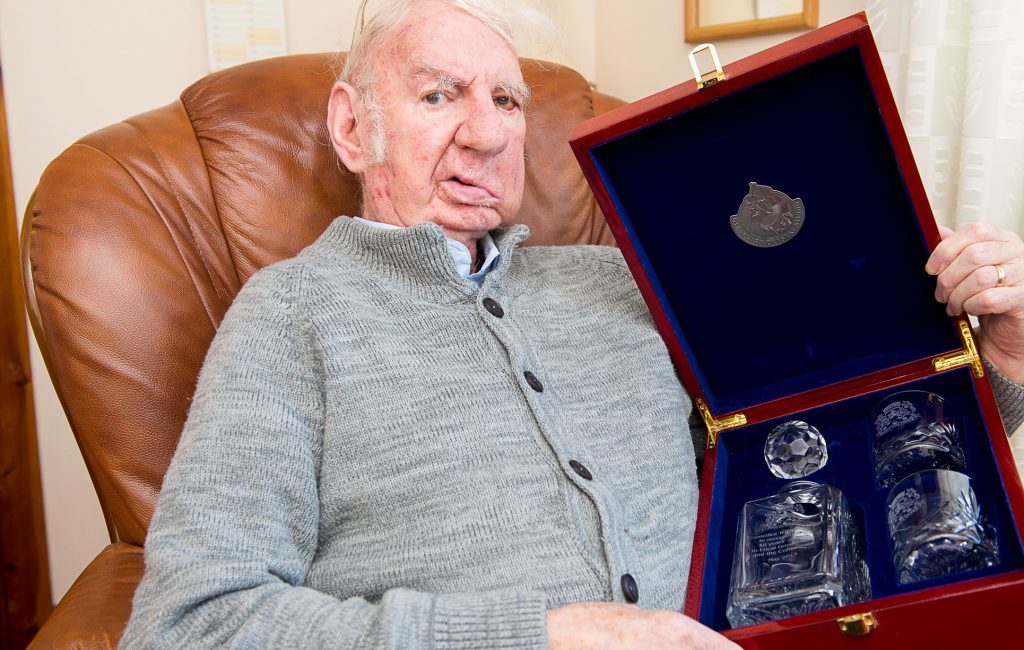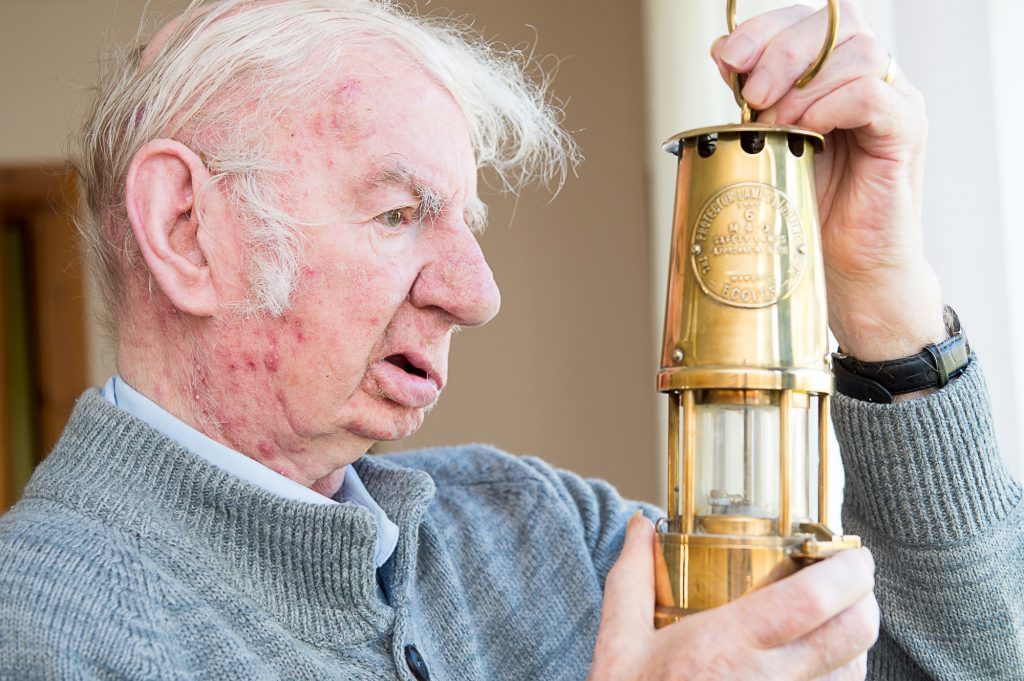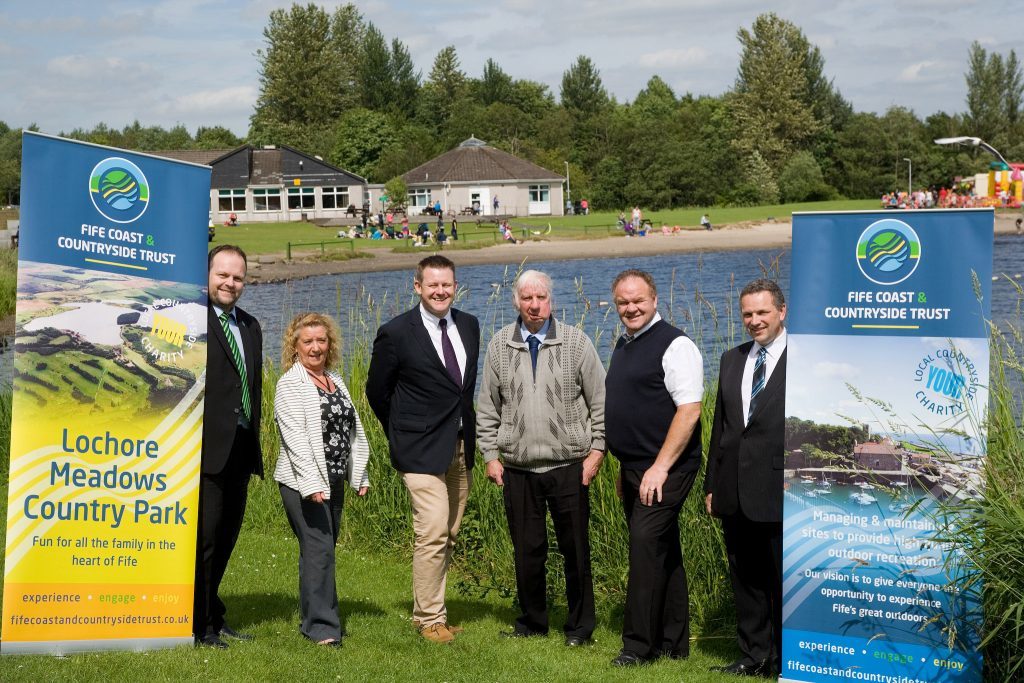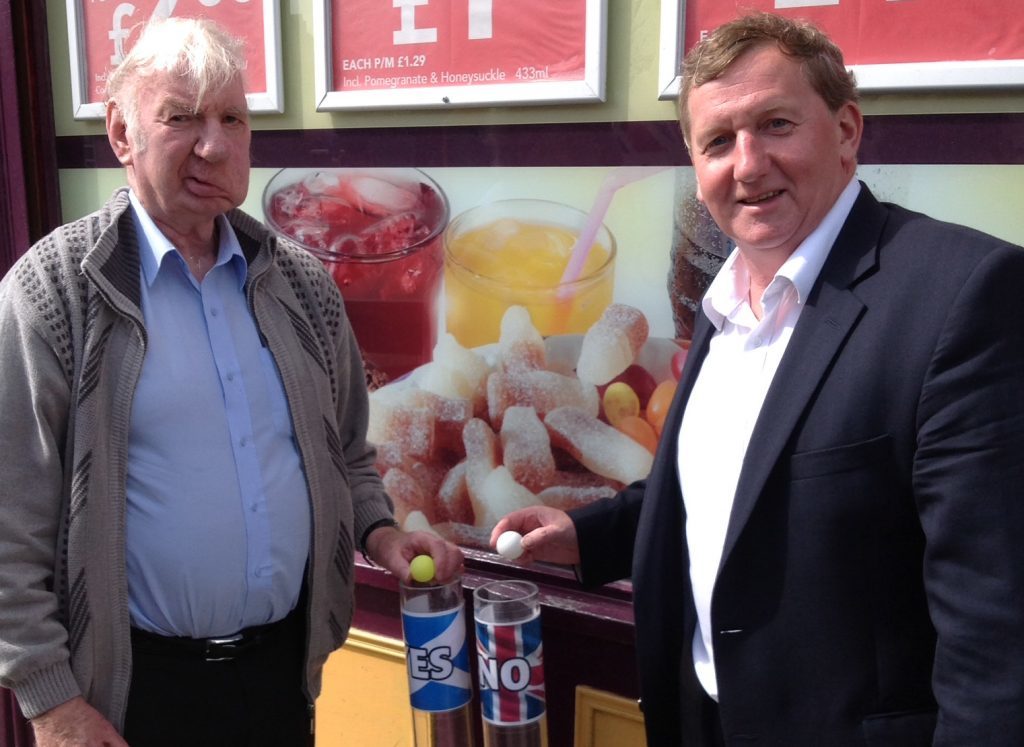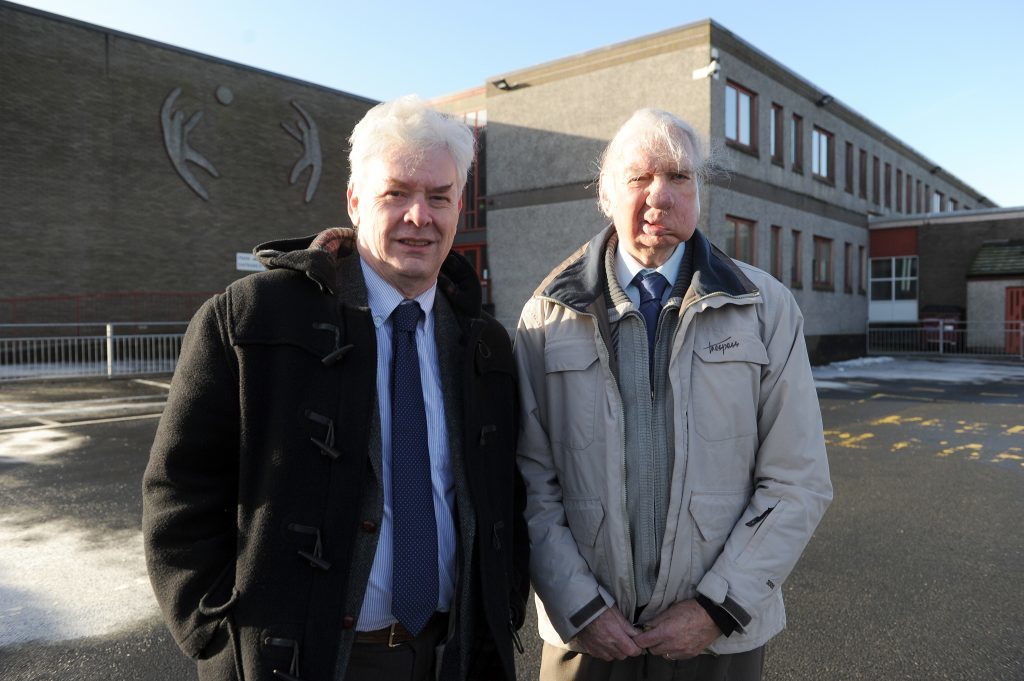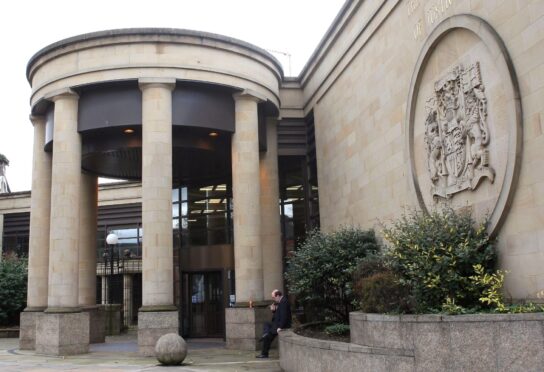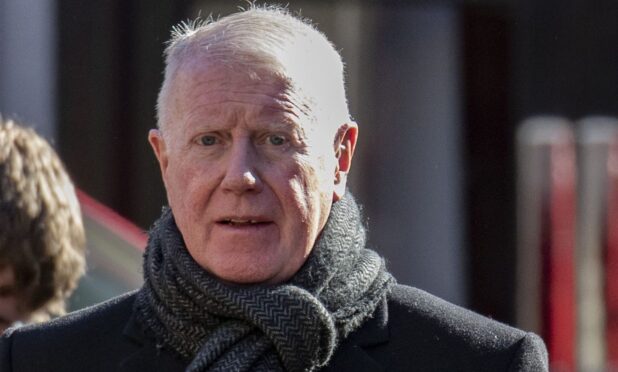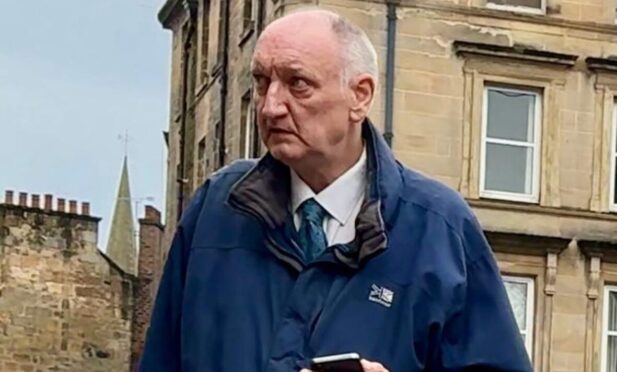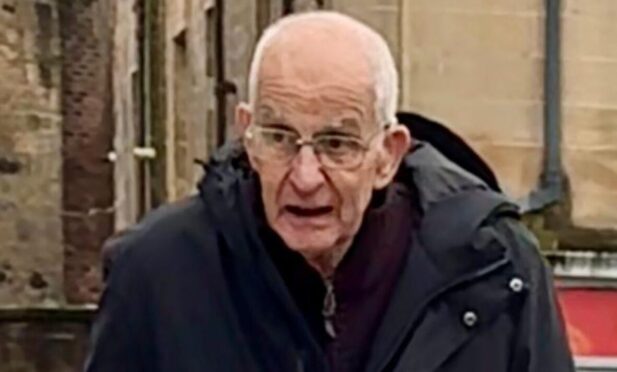Britain’s recently retired last communist councillor Willie Clarke — a former Fife miner — believes Scottish independence is “inevitable”.
Mr Clarke made national headlines in the summer when health issues forced him to step down as a Fife councillor after 43 years representing his home village of Ballingry.
But whilst 81-year-old Willie hasn’t given up hope of a revolution and insists that Scottish independence – or self-determination as he prefers to call it – is “inevitable”, the former miner admits that the biggest challenge he now faces is his health.
“I’m not doing too great,” admits Willie, who lost his left ear to cancer five years ago, when The Courier visits him at his terraced home on the escarpment of Benarty Hill, within site of the long-closed pits
“I’ve got depression. And my balance isn’t so good. I’m getting tested for Parkinson’s. And I’ve got sugar diabetes,” he adds matter-of-factly.
Willie’s wife Betty thinks that since her husband of 31 years stood down from the council, it’s given him more time to dwell on his physical ailments and hastened his depression.
But Willie isn’t looking for sympathy.
“It’s just how it is,” the craggy faced octogenarian says with a sigh, his arms folded defiantly.
“I didn’t want to be the person who took the salary who hung on to the next election without going to meetings. I would be letting everyone down.”
While not everyone has agreed with Willie’s politics over the years, there’s no disputing his lifelong commitment to doing the best for his constituency – and this was respectfully acknowledged in July when he became only the third ever recipient of the Freedom of Fife after the Black Watch and the late accordion legend Sir Jimmy Shand.
The world has borne witness to momentous events such as the fall of the Berlin Wall and the break-up of the Soviet Union.
But Willie’s communist beliefs haven’t changed since he first went down the pit aged 15.
Back in those days, when Cowdenbeath was the base for the Fife Coal Company, the biggest threat to Labour was the communists.
Britain’s last Communist Party MP Willie Gallacher was returned by West Fife between 1935 and 1950, and to this day a street in the village of Lumphinnans is called Gagarin Way.
Whilst the Communist Party of Great Britain declined after the war, the ‘party’ remained a political force in West Fife and in May 1973, Willie was one of 12 Communists elected to the then Fife County Council.
Just two days after his election, Clarke had to deal with the aftermath of the Seafield Colliery disaster at Kirkcaldy which claimed the lives of seven miners after the steepest inclined coalface in Europe collapsed 2000 feet beneath the Firth of Forth.
“We were down there and standing on the face with the bodies still underneath,” he recalls. “It was a terrible time.”
Willie was attracted to the Communists because they “wanted change”.
Growing up in a single parent household, life was hard in the close-knit mining communities where young men were “fated” to go down the pits.
But as the mines started to close, Willie kept the communist faith.
He made three trips to Moscow at the height of the Cold War and has fond memories of the hospitality from the Russian people.
He blames propaganda on both sides for the tensions between east and west during the days of the Soviet Union.
Yet despite the disappearance of the mines, and his unwavering belief in socialism, what ultimately won him votes in latter years was his tireless work for the community.
At full Fife Council meetings in Glenrothes, with Labour and SNP councillors often at each other’s throats, Willie would often stand up as an independent and make a reasoned comment that more often than not cut through the relative pettiness of party politics.
And it was this commitment to local issues that Willie cites as his greatest achievement. From the building of Lochgelly High School to coalfield regeneration, he’d prefer to be helping people on the ground than sitting in an office at Fife House.
And yet he remains saddened at the state of modern politics. He cites Tony Blair and the Iraq invasion as the catalyst for the collapse of Labour.
“I’m not saying Labour can’t come back. There are a lot of good people in the Labour Party,” he says.
But it angers him that Blairites still have a “stranglehold” on the party despite the leadership of Jeremy Corbyn.
And he describes Scottish Labour leader Kezia Dugdale’s recent comments – rejecting Corbyn one day but backing him the next – as “crazy stuff”.
“People are looking for a different type of politics,” he adds. “They want honesty, sincerity – not slang. Not double talk.”
“I believe Scottish independence – or self-determination – is inevitable,” says the long term independence supporter who thinks Westminster is a “failed undemocratic” institution.
“It’s the most natural thing in the world for people to want to make their own decisions.
“I don’t see the Irish or India for that matter running back to say they want to be part of the English parliament again.
“So why should the Scottish people feel any different? It might not happen soon, but it’s only a matter of time.”
